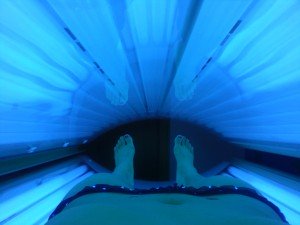The research, from The University of Texas Medical Branch, shows that while a severe burn injury causes cell death in the muscles, it also induces the muscle regeneration properties of specific stem cells (satellite cells, the resident stem cell in skeletal muscle cells). This highlights the therapeutic potential of satellite cells, allowing future studies to investigate ways to promote muscle regeneration and reduce muscle damage
Severe burn trauma causes extended skeletal muscle damage and loss, which can result in delayed recovery and other complications such as infection. Satellite cells are responsible for maintaining and regenerating skeletal muscle following injury.
The researchers collected tissue samples from 12 patients with severe burn injuries and 12 healthy subjects. They used immunohistochemical techniques to analyse and compare the satellite cell content, activation and cell death (apoptosis), as well as muscle fibre regeneration in the tissue samples. The researchers found that in burn patients, these cells are receiving a mixed signal, one that induces cell death and one which induces muscle regeneration.
Christopher S. Fry, Assistant Professor at the University of Texas Medical Branch and first author explained, «We found a very high amount of the marker protein Ki67, which indicates that the burn injury activates satellite cells and thus stimulates skeletal muscle regeneration»
Celeste C. Finnerty, Associate Professor at the University of Texas Medical Branch and lead investigator of the study, added «Our results highlight the therapeutic potential of satellite cells to aid regeneration and preservation of muscle mass following a severe burn injury. Future studies can now investigate therapies that can prevent satellite cells from cell death and promote their activity to regenerate skeletal cells, improving the recovery of severe burns patients." She adds, «But before this can happen, it is essential to fully understand how these cells respond to burn injuries.»
